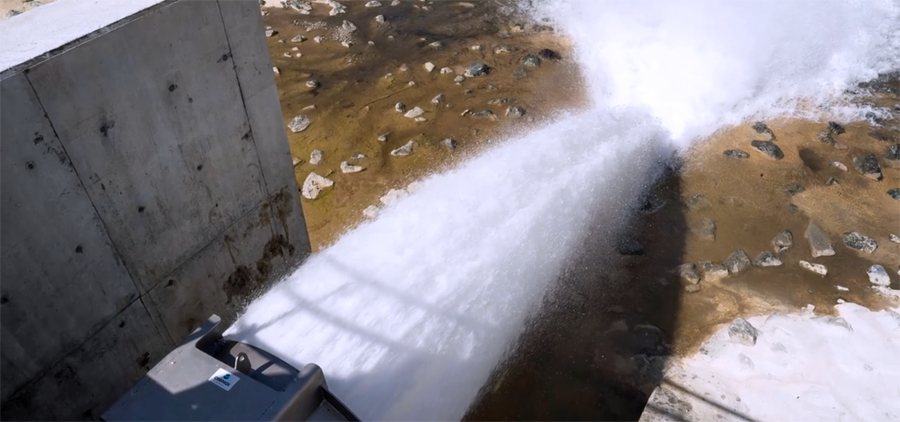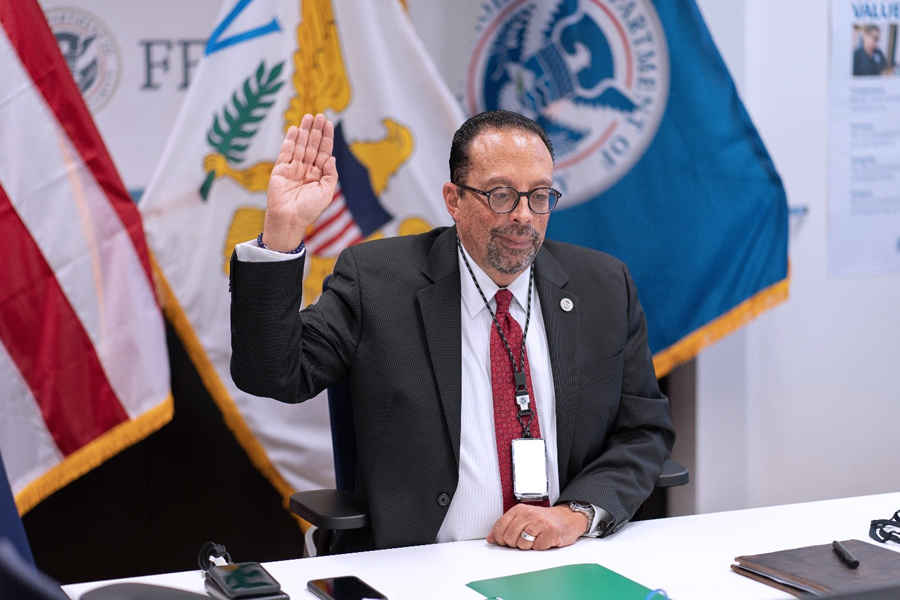FEMA approves $113M for PRASA sewer systems improvements

The Federal Emergency Management Agency (FEMA) announced an obligation of $113.6 million to the Puerto Rico Aqueduct and Sewer Authority (PRASA) geared toward repairing the trunk sewers that transport raw sewage to water treatment plants throughout the island for the benefit of more than 100,000 people.
The funds, which are for seven projects, are part of the $3.6 billion that federal agency approved for PRASA through the FEMA Accelerated Awards Strategy (FAASt) in 2021.
The repairs will take place in seven trunk sewers, located in Camuy and Arecibo with an allocation of over $25 million; Caguas, with $24.1 million; Hormigueros and Mayagüez, with $21 million; Arroyo-Guayama, with $15 million; Ponce, with $14.3 million; Carolina and Loíza, with $8.2 million; and Vega Baja, with $6 million.
“These funds will provide the resources for Puerto Rico to improve nearly 82,000 linear meters of pipelines distributed throughout different sites on the island. These improvements will allow for a more efficient long-term use of water. Also, it will directly impact the health of communities by preventing wastewater overflows which can cause serious health problems,” said the Federal Disaster Recovery Coordinator for Puerto Rico, José G. Baquero.
The pipes of the trunk sewers suffered damage because of the winds, floods and debris that traveled through them during Hurricane María, in addition to the sediment and blackouts that occurred because of the event.
The repairs of these pipelines are necessary to transport raw waters to the treatment plants with as less waste as possible. The treatment plants process the waters until they become adequate water for human, industrial or agricultural use; and eliminates any risk of contamination to the bodies of water on the area, FEMA officials said.
The work seeks to eliminate cracks and holes in the pipes that would otherwise allow roots and rainwater to enter and cause operational problems, such as stoppage, overflows, and mechanical failures.
Meanwhile, PRASA’s Executive President Doriel Pagán said that through an “innovative method to repair sewers,” the public corporation will restore the damage to the sanitary culvert system without having to open trenches or ditches.
Rehabilitation will take place through the Cured-in-Place-Pipe (CIPP) restoration strategy. With this technique, pipes are repaired from the inside with a resin that “cures” or seals once it is in place.
This work does not require excavation, which simplifies the process. The cured pipes offer efficiency and durability. Most of the restorations through this technique are designed to provide a life cycle of about 50 years, she said.
Meanwhile, Central Office for Recovery, Reconstruction and Resiliency Executive Director Manuel A. Laboy, said PRASA’s recovery work continues at a steady pace.
“The obligation of funds for these new recovery projects will provide more resiliency to the system to support the continuity of services directed toward customers,” he said.
The $3.6 billion allocation approved last year through FAASt will contribute to the restoration of 3,000 permanent projects, which include water and wastewater treatment plants, dams, and reservoirs, among other PRASA critical water infrastructure that provides drinking water to its clients.
FAASt is possible through the Bipartisan Budget Act of 2018 (BBA), which ensures that Puerto Rico rebuilds its critical service facilities according to current industry standards and without regard to pre-disaster conditions.












